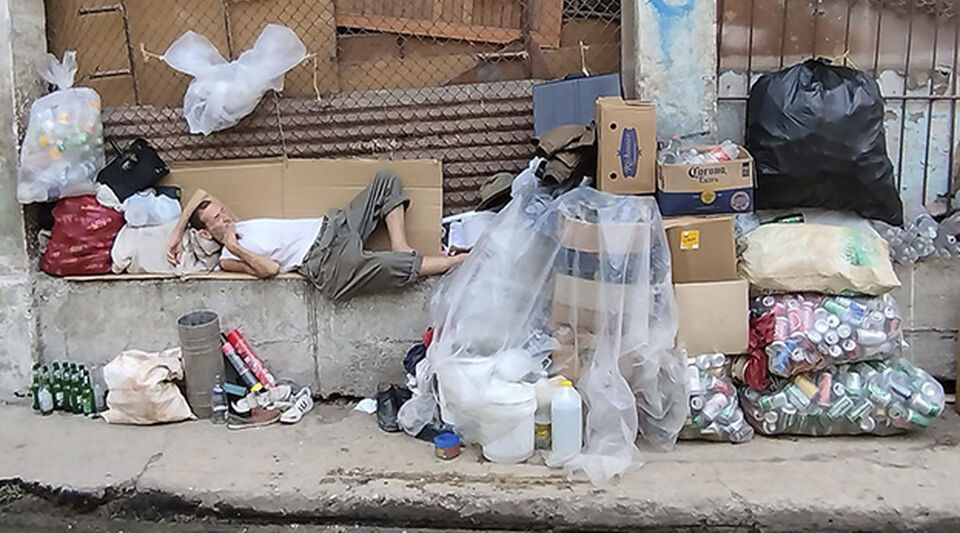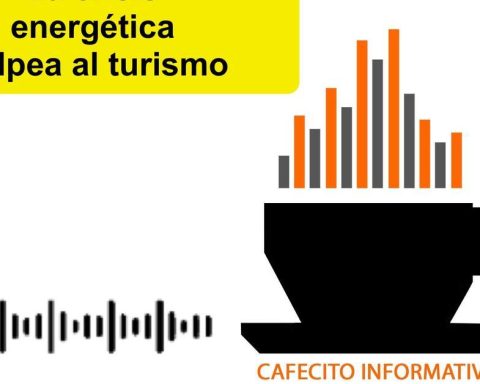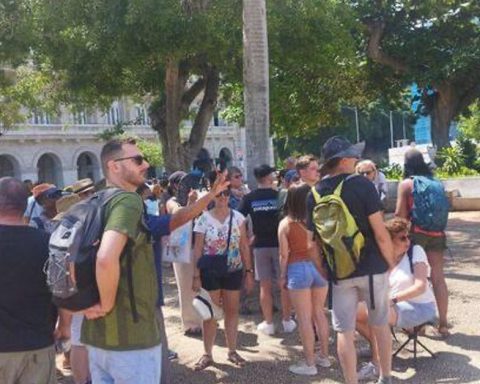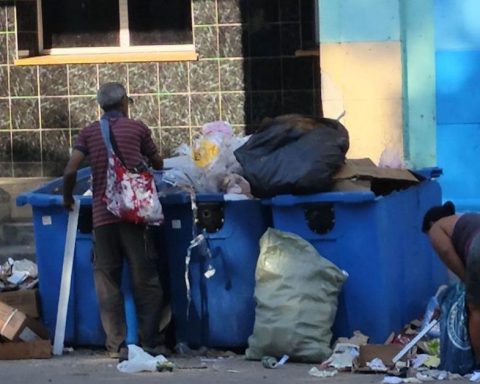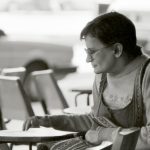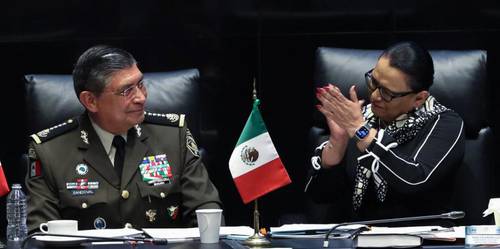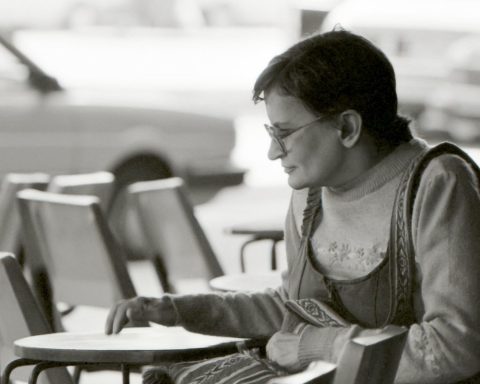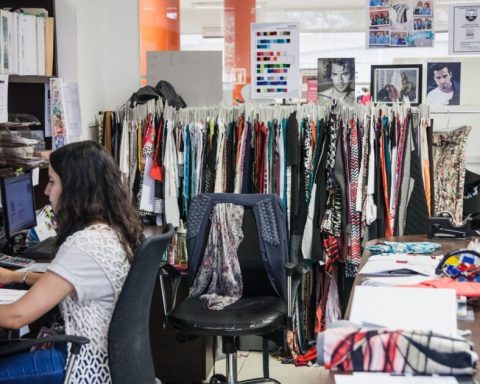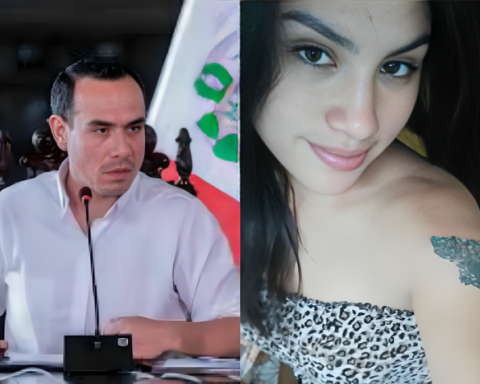The concern of Cubans about the lack of food has grown in the last year, according to the report on the state of social rights in Cuba prepared, for the fifth year, by the Cuban Observatory of Human Rights (OCDH), based in Madrid. . In the previous document, food was the biggest problem for citizens, with a percentage of 60%, compared to 64% this year.
The poll It was carried out since July to 1,227 people from 59 municipalities and 14 provinces and reflects the most worrying fact that 72% of Cubans live below the poverty line, established according to the World Bank at 1.90 dollars a day. It is striking, in a country that made a revolution to abolish social classes, the finding of enormous inequality between those who receive and do not receive remittances. Of those who say they have problems even buying the most essential items to survive, 27% receive remittances and 65% do not.
After the food situation, the Ordering Task is consolidated as the second most important problem for Cubans (36% compared to 29% last year) and is followed by inflation, which almost doubles, going from 17% to 31%. The political situation remains more constant, although it rises six points; the Government, which increases eight; and citizen insecurity, which goes from 12% to 17%. Instead, one of the big jumps is emigration, which last year worried only 7% of the population and this year it rises to 18%.
Medicines are missing for eight out of ten people who are forced to resort to the black market, relatives abroad or to solidarity work
74% of those surveyed negatively value the economic and social management of the Cuban Government, which is “very negative” for 51%. But, in addition, the study shows the disaffection of the youth with the political system in a very clear way. For 42% of young people between 18 and 30 years old, this is the biggest problem in Cuba. They also show a high degree of concern for prisoners, with 25% of mentions, which is understandable given the high number of those imprisoned in protests at younger ages. The generation gap is also perceived when talking about the embargo, which is a fact that worries 14% of the elderly between 61 and 70 years old.
As for health, systemic corruption is evident in the document, which reveals that 56% of those surveyed say that it is necessary to make a gift or payment to resolve their medical consultations. Medicines are missing for eight out of ten people who are forced to resort to the black market, relatives abroad or, mostly, to centralized solidarity work in churches (57%).
The report also leaves devastating data on the most basic services. 44% of the houses in the country need rehabilitation and 12% are in danger of collapse. Only 23% of the houses are in good condition, or so their inhabitants consider it. In addition, there are 15% of homes without drinking water and power cuts reach 72%. In July and August, 62% of those surveyed suffered blackouts of more than 6 hours a day.
Regarding labor data, 30% of Cubans say they have a full-time job, compared to 14% who do it part-time, but 15% are retired and 10% do not have a job. If we add to this those who work at home (15%), those disabled due to illness (5%) and students (6%), it is easy to conclude that there are few people who support the State.
The majority of Cubans consider themselves unhappy, with 55% saying they have some feeling of this type
It is significant that the majority of respondents consider that there is discrimination of different types when it comes to accessing a job, predominantly ideological, which is indicated by 82% of those asked. In addition, 70% consider that there is no union freedom and, consequently, 72% said they do not belong to any labor organization. 64% consider that labor rights are not respected in Cuba.
Finally, a sad fact: the majority of Cubans consider themselves unhappy, with 55% stating that they have some feeling of this type; 13%, moreover, declared themselves “completely unhappy” and only 14% considered that something could improve in the coming years.
“It has been more than six decades with a political, economic and social model that does not work. The majority of the population lives overwhelmed by the lack of food, medicine and the deterioration of all public services. This disaster is at the base of the protests. that have occurred in recent weeks in various locations on the island, where the demands are for freedom. Awareness is growing that the cause of Cuba’s socioeconomic problems is political,” says the OCDH, which presented the study on Thursday.
“The panorama of social rights in Cuba is a strong message to those abroad who still believe that the Cuban model is imitable in their countries,” the organization concluded.
________________________
Collaborate with our work:
The team of 14ymedio is committed to doing serious journalism that reflects the reality of deep Cuba. Thank you for joining us on this long road. We invite you to continue supporting us, but this time becoming a member of our newspaper. Together we can continue transforming journalism in Cuba.
